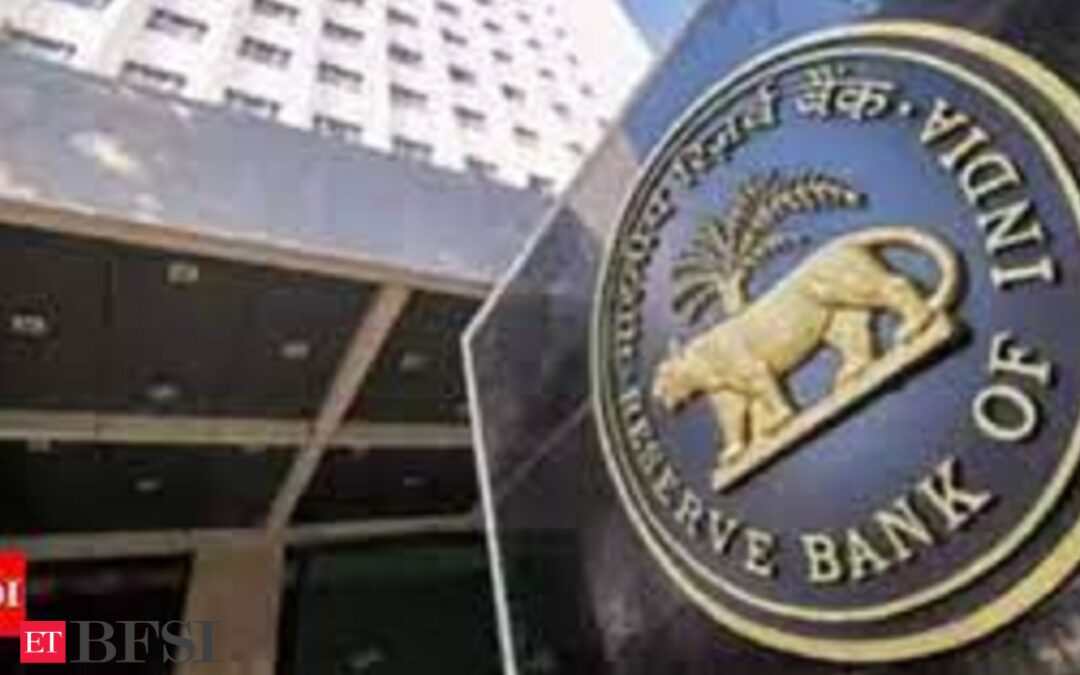NEW DELHI: The total cost of projects sanctioned by banks and financial institutions during 2022-23 increased to a record high of Rs 2,66,547 crore, highlighting the effect of the government’s efforts to push capital expenditure.
A Reserve Bank of India (RBI) paper showed that the infrastructure sector continued to attract the maximum capex projects, led by roads, bridges and power sectors.
“The government’s thrust on capex, besides various policy initiatives to revive the investment cycle, and improved economic outlook provided a conducive environment for private corporates to undertake fresh capital investment,” according to the paper. State-wise distribution showed that the top five states – Uttar Pradesh, Gujarat, Odisha, Maharashtra and Karnataka – together accounted for 57.2% share in total project cost during 2022-23, higher than their 43.2% share during 2021-22, according to the paper.
In 2022-23, Uttar Pradesh accounted for the highest share (16.2%) in the total cost of projects sanctioned by banks and financial institutions, followed by Gujarat, Odisha, Maharashtra and Karnataka. The share of Uttar Pradesh and Odisha in the total cost of projects improved sharply from the previous year as well as the average share recorded during the period 2013-14 to 2020-21.
The authors said that of the total cost of projects, around 35% is likely to be spent during 2023-24 and about 25% in the subsequent period. The phasing profile of the envisaged capex, based on the pipeline projects financed through all three channels, suggests that it increased significantly to Rs 1,71,568 crore in 2023-24 compared to Rs 94,876 crore in 2022-23.
“Improved capacity utilisation, a pick-up in credit demand, and improved business expectations – as reflected in forward-looking enterprise surveys conducted by RBI and other agencies – are pointing towards reinvigoration of investment activity in the Indian economy in the period ahead,” the paper said.
“On the downside, higher cost of capital owing to the tightening of monetary policy by various central banks including RBI, global uncertainty led by geo-political tensions, and risk of slowdown in major advanced economies could hamper investment activities. Overall, the investment cycle appears to be poised to gain momentum going ahead, but its sustainability needs to be watched closely,” said the paper.











